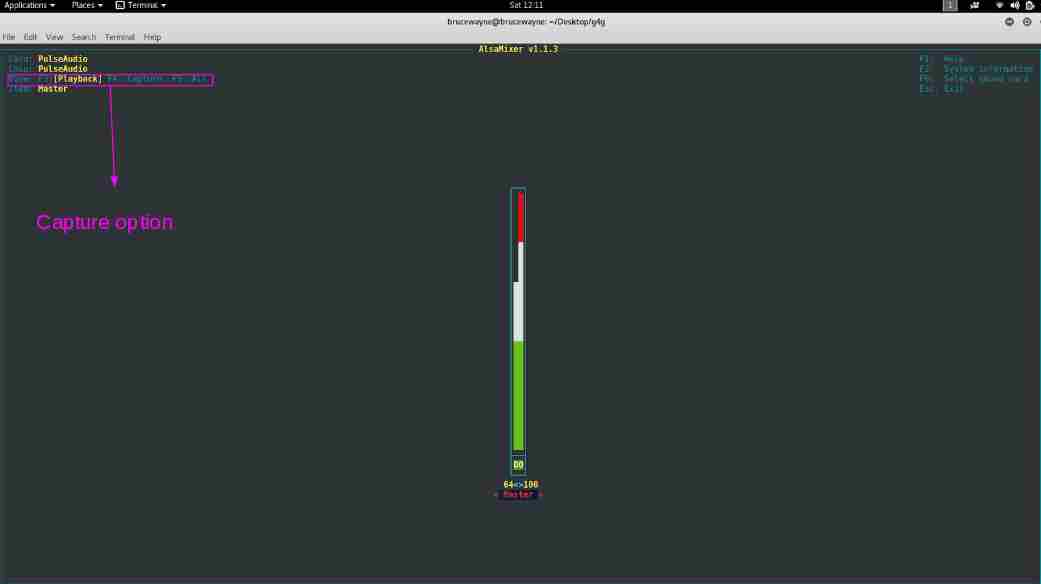二进制搜索 是一种用于在排序列表中搜索元素的技术。在本文中,我们将研究用于二进制搜索的库函数。 查找元素的第一次出现。
null
平分对分_left(a,x,lo=0,hi=len(a)):返回排序列表中x的最左侧插入点。最后两个参数是可选的,它们用于在子列表中搜索。
Python3
# Python code to demonstrate working # of binary search in library from bisect import bisect_left def BinarySearch(a, x): i = bisect_left(a, x) if i ! = len (a) and a[i] = = x: return i else : return - 1 a = [ 1 , 2 , 4 , 4 , 8 ] x = int ( 4 ) res = BinarySearch(a, x) if res = = - 1 : print (x, " is absent") else : print ("First occurrence of", x, " is present at", res) |
输出:
First occurrence of 4 is present at 2
找到小于x的最大值。
Python3
# Python code to demonstrate working # of binary search in library from bisect import bisect_left def BinarySearch(a, x): i = bisect_left(a, x) if i: return (i - 1 ) else : return - 1 # Driver code a = [ 1 , 2 , 4 , 4 , 8 ] x = int ( 7 ) res = BinarySearch(a, x) if res = = - 1 : print ("No value smaller than ", x) else : print ("Largest value smaller than ", x, " is at index ", res) |
输出:
Largest value smaller than 7 is at index 3
寻找最右边的事件
平分对分_right(a,x,lo=0,hi=len(a))返回排序列表a中x的最右插入点。最后两个参数是可选的,用于在子列表中搜索。
Python3
# Python code to demonstrate working # of binary search in library from bisect import bisect_right def BinarySearch(a, x): i = bisect_right(a, x) if i ! = 0 and a[i - 1 ] = = x: return (i - 1 ) else : return - 1 a = [ 1 , 2 , 4 , 4 ] x = int ( 4 ) res = BinarySearch(a, x) if res = = - 1 : print (x, " is absent") else : print ("Last occurrence of", x, " is present at", res) |
输出:
Last occurrence of 4 is present at 3
请参考 二进制搜索 用于编写自己的二进制搜索代码。 参考: https://docs.python.org/3/library/bisect.html
© 版权声明
文章版权归作者所有,未经允许请勿转载。
THE END


![关于”PostgreSQL错误:关系[表]不存在“问题的原因和解决方案-yiteyi-C++库](https://www.yiteyi.com/wp-content/themes/zibll/img/thumbnail.svg)





